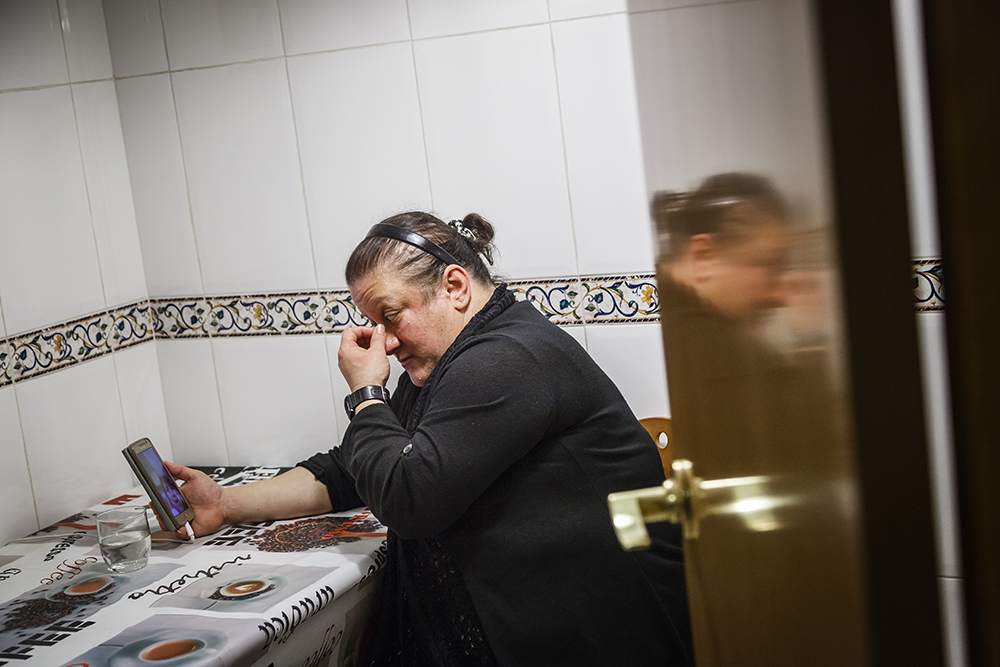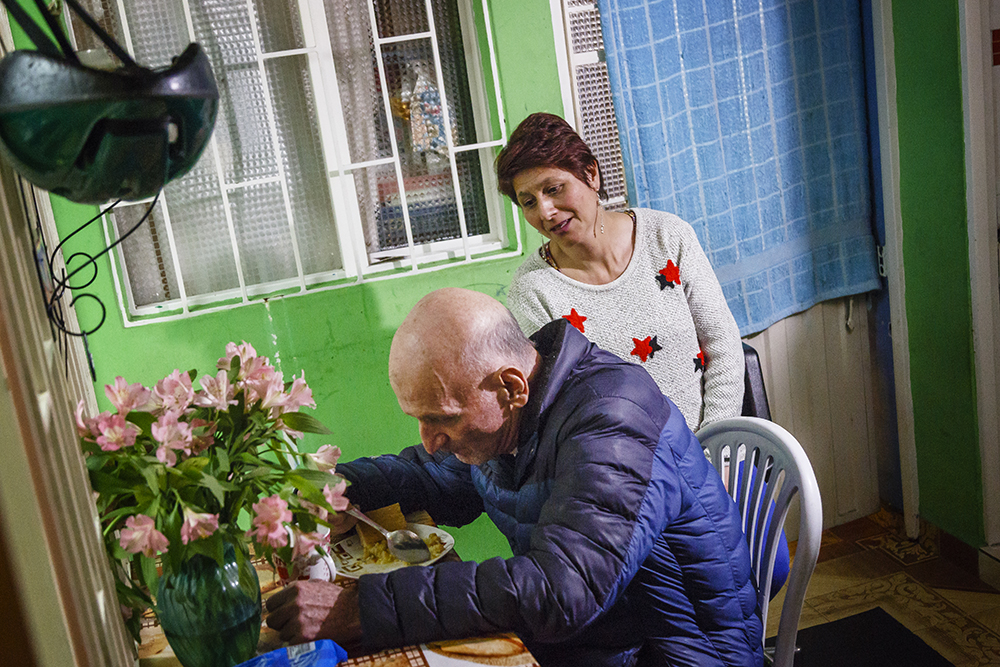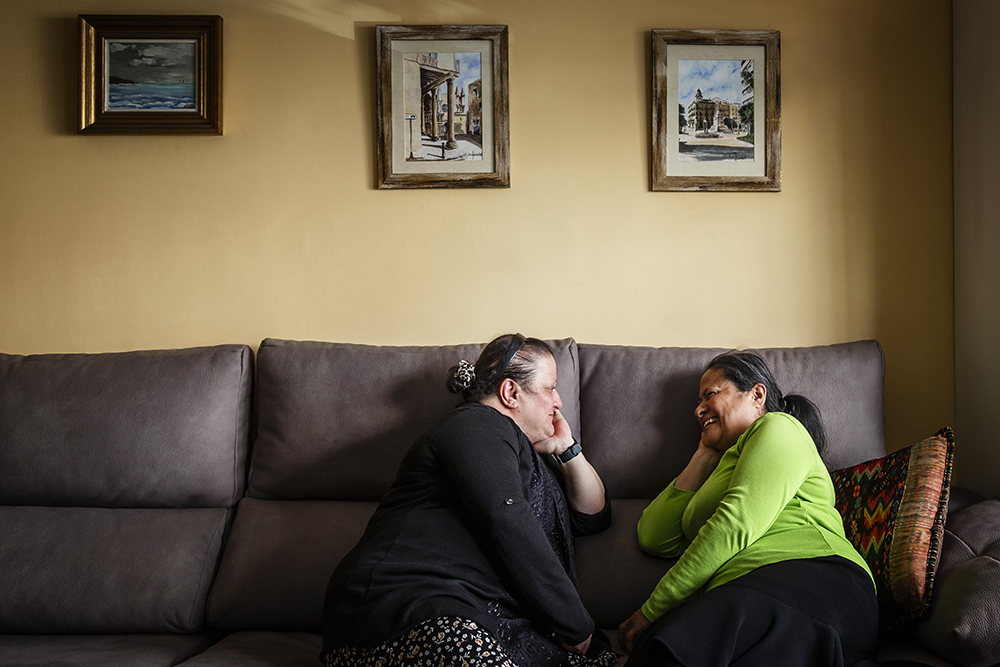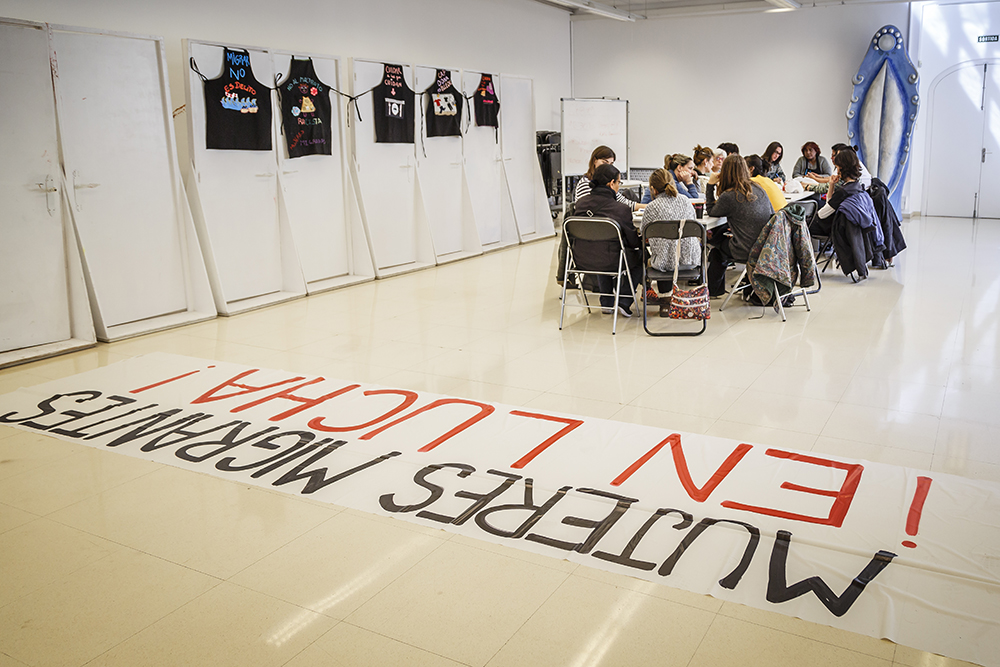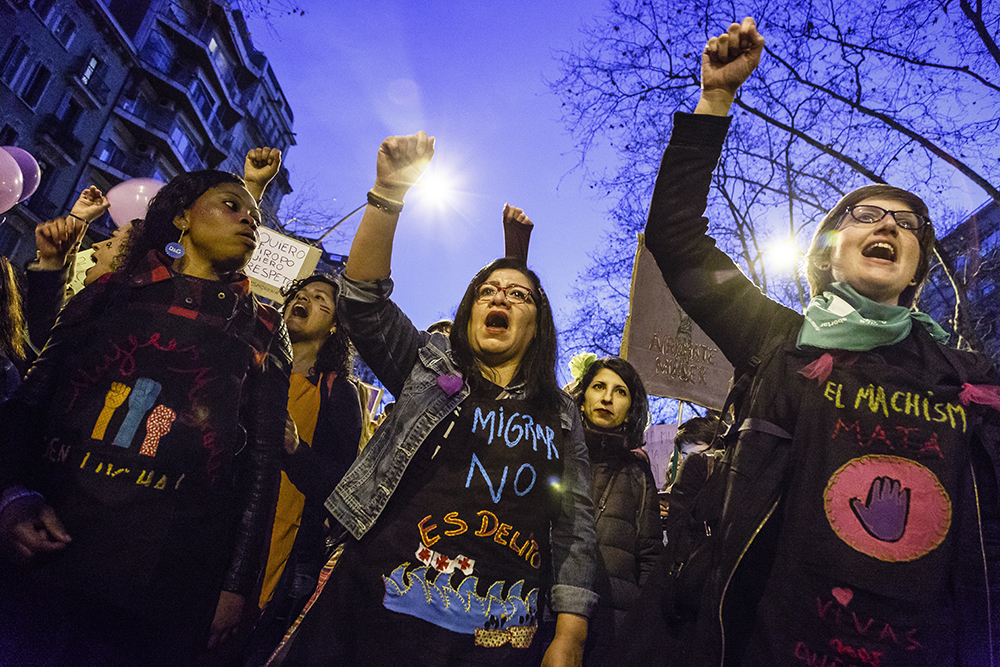For eight years, during which time she was unable to formalize her residency, Maria was afraid to go out and could not visit her family. In fifteen years, there have been only two reunions. "Leaving is a difficult decision, but sometimes the circumstances force you to. That, or the opportunities”, María posits. She says that, for the most part, she has been treated well by the people she has worked for and that, for her, the elderly people she cares for have come to mean a great deal to her. Moreover, in terms of her work, she says that she has experienced humiliation and a loss of freedom, and her wish would be to return to Colombia and be close to her father, now that he –like the people several Catalan families have left in María's care in recent years– is in his 80s.
According to the report of the XIX Ruling made by the Observatory of the National Association of Social Services Directors and Managers, about two out of ten people (19.2%) with a recognized dependency in Spain do not receive support payments or services from the care system. 250,000 people are affected, with 98,000 in need of extensive and sometimes continuous support. Although the support payment for care of a family member was conceived as an exception, it became the norm, something the document describes as "failure of the system", revealing "a lack of flexible services, or an absence of services altogether”.
The report also considers across-the-board professional recognition for personal care practitioners "long overdue". It states that domestic service contracts "which do not reflect the work required, nor take into account professional qualifications, and clearly leave workers vulnerable and without the right to unemployment and baseline social security contributions" are unsuited to meeting this challenge, and as such the relevant authorities “should not endorse [them], and should enable others as a matter of urgency”. “Welfare states have exploited women in their own country through [domestic and care] work that does not figure in national expenditure, and moreover have overexploited migrant women; they are welfare states thanks to the geopolitical relationship of exploitation between countries”, Esguerra points out.
"It’s cheaper to pay for a person at home than in a care home. If we all refused to provide care, what would they do?" asks María Osorio, a domestic worker who migrated from Colombia.
Bolivia, Ecuador, Colombia… many of María's acquaintances in Tarragona have migrated from abroad. Except for her, they all have children, many in their country of origin, and almost all, says María, are employed providing care for the elderly. “If we weren’t here to care for the elderly, what would their children do? Sometimes we talk about it in our group of friends. It's cheaper to pay for a person at home than in a care home. If we all refused to provide care, what would they do?", asks María.
